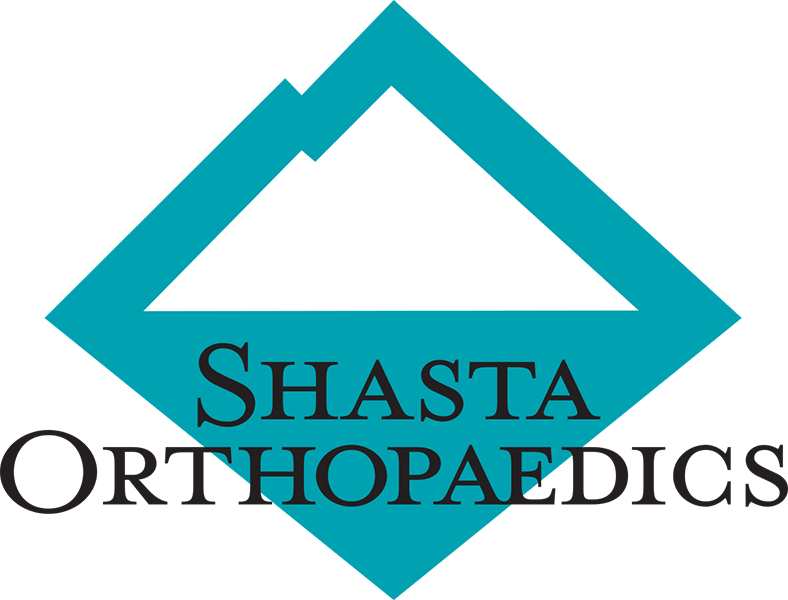Good News For Pain Patients
A New Pain Management Resource in Redding
Shasta Orthopaedics is now offering a new type of pain management, which can treat back pain, chronic postsurgical pain, headaches, cancer-related pain, and more. Led by fellowship-trained expert Dr. Forrest Monroe, our interventional pain management program is an innovative and multidisciplinary approach that uses injections and other minimally invasive procedures to help alleviate pain. If you’re experiencing chronic pain, you may benefit from interventional pain management as part of a comprehensive pain management plan directed by Dr. Monroe.
Back Pain Treatment
Pain along the spine, or pain that radiates from the spine down the arms or legs, can have may causes including degenerative disc disease, arthritis, spinal stenosis, muscle strains or spasms, or pinched nerves. The cause of pain and your medical history will determine which approach is best, but treatment options may include epidural steroid injections to decrease inflammation, nerve ablations to numb painful areas, minimally invasive decompression for spinal stenosis, and trigger point injections for muscle spasms.
Relief for Chronic Pain after Surgery
If you have chronic pain and you’ve already tried surgery, or you’ve been told that you are not a surgical candidate, interventional pain management may be able to help. Nerve blocks and nerve ablations can desensitize the painful area, while steroid injections can reduce inflammation and pain. Advanced technology such as nerve stimulators can block painful signals as they travel along the nerves.
Headache Treatment/Migraine Treatment
Interventional pain management includes many options to treat chronic headaches and migraines that can provide prolonged pain relief. Introduced at the site of pain, nerve blocks are one of the more common interventional treatments, which essentially block pain signals that travel along a nervebefore they can reach the brain. Another method is nerve ablation, which uses targeted radiofrequency energy to numb the nerves. Beyond these are nerve stimulators, which are devices that send a small electrical current to the nerves, keeping pain at bay.
Cancer-related Pain Treatment
Patients battling cancer can also benefit from interventional pain management, whether the pain is caused directly by a tumor, or by the treatments for it. If you’re a cancer patient who isn’t finding relief from medications, or is experiencing too many side effects, you can turn to interventional treatments to help manage. Nerve blocks and nerve ablations can block the transmission of pain signals, and a pain pump, which deliver pain-reducing medication directly to the spinal cord, can provide profound and long-lasting pain relief. Patients with painful metastatic disease in their spine may benefit from a minimally invasive procedure to destroy the painful tumor and stabilize the spine.
Chronic Pain Care
Chronic pain, regardless of the location, calls for a comprehensive and patient-centered approach. Chronic pain may begin with an acute injury (such as a sprain) or illness (such as cancer), but is considered chronic if the pain lasts for three to six months or longer. It can also be related to age or a previous surgery—and sometimes the cause is unidentifiable.
No matter where your pain falls on the spectrum, Dr. Monroe will develop a plan that ensures you receive the appropriate diagnosis and treatments for your chronic pain. With treatments ranging from lifestyle modification and physical therapy to non-opioid medication and surgery, Dr. Monroe and the Shasta Orthopaedics team work in harmony to help patients minimize pain and maximize function.
or call directly for an appointment: 530/246-2467.



